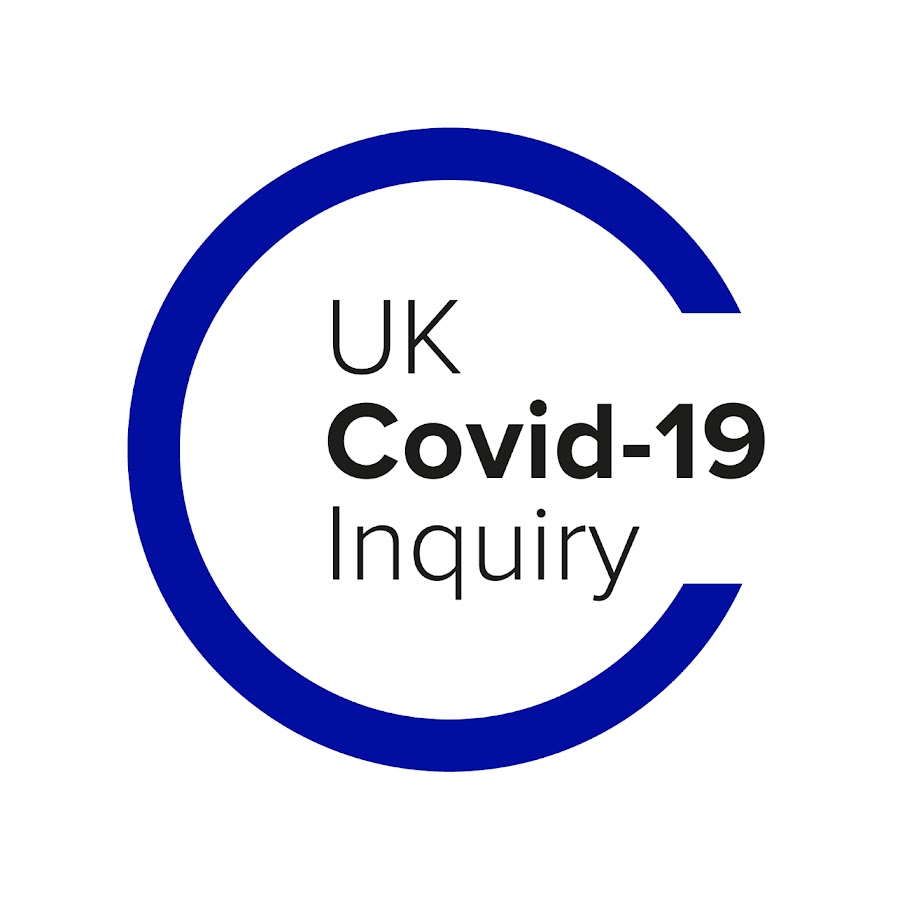Tell us about your experiences (Required). This can be a past experience, something that’s still happening, or both.
I carried out research during the pandemic starting right from February 2020, studying the policy response to the pandemic. I felt a call to service. The governments own stated ambition to following the science requires creation of such scientific knowledge. And this knowledge needs to be created fast as the situation is constantly evolving.
I was working insane hours to do my bid: as an academic and researcher at a UK University and as somebody who has chosen to make the UK his home. My call of service was to do my job: to create robust scientific knowledge and to build scientific evidence to learn how our society can handle this pandemic. To identify areas where things are going well and where we can improve in the handling of the pandemic.
Lives were at stake. I wanted to do my part.
As a result, I wrote four very rigorous research papers in record time. Three of these papers are now published in some of the leading scientific journals being recognized as import scientific contributions. The working paper versions and the published versions of the papers are identical in substance and content highlighting that the research findings were robust at the time the research was first published as working papers.
The research paper that received most widespread attention was studying the impact that Eat Out To Help Out scheme had on causing more COVID19 infections in a broadly unprotected population.
The scheme went ahead despite a vaccination being within sight. Nearly 1 billion pounds in taxpayer money was used to encourage social mixing – which, all research evidence at the time highlighted, was a risk to spreading COVID-19.
I felt disheartened: the implicit and explicit communication that the government sent by bringing forth such a program. It was suggesting that social mixing was not risky. It conveyed that the government endorses social mixing and willing to use taxpayer resources to actively encourage that.
It affected severely my well-being as the government seemed to have sponsored a program that was explicitly going against the advice of public health experts at the time and all knowledge that was built up. My research confirms that the scheme did cause an uptick in infection and thereby contributed to the second wave being much broader and deadlier than it should have been.
I also want to point out some other reserach that actually looks at data handling errors. For example, the UK’s Public Health Agency lost 16,000 COVID cases due to an Excel format error. This resulted in these cases not to be referred to NHS Test and Trace, which was funded by taxpayer resources. I show in another paper, that also received broad media coverage, that this had a significant impact on the spread of COVID19.
I was distressed to hear that a lot of public money went into NHS Test and Trace and it seemed to have been built using a very outdated software technology that is not designed to handle large volumes of cases. I want to know why this could have happened and what the consequences and lessons learned were, and ultimately, who is responsible for this error.
Tell us about the effect on you and people around you (Optional). People around you might be your friends, family, or work colleagues.
I felt disheartened: the implicit and explicit communication that the government implied through such a program was suggesting that this was not risky. That the government endorses social mixing and uses taxpayer resources to encourage that.
It affected severely my well-being as the government seemed to have sponsored a program that was explicitly going against the advice of public health experts at the time. My research confirms that the scheme did cause an uptick in infection and thereby contributed to the second wave being much broader. All data points in that direction and the research I have done is published and has gone through the process of peer review.
Individual choice to expose oneself to that risk of infection is very different from collective taxpayer money being used to actively encourage behavior that is dangerous to others.
This is why there are indoor smoking bans and a legal requirement to wear seat belts when driving: to reduce the health burdens that an individual choice imposes on others.
The government’s reaction to my research work was one of denial. No substantive rebuttal was done pointing to where I made mistakes in my research. This has caused significant distress and disappointment.
I was doing my job: to build scientific knowledge to help the government to “following the science”, but me, as a researcher, did not feel that the science was listened to. Or that an adequate response to my scientific work was given.
This has caused me distress. It also causes me upset knowing that my taxpayer money was used actively in a way that has caused preventable harm by encouraging risky behavior. I don’t think it should be that way.
Tell us what you think could be learned (Optional). What could have been done better, or differently? Was something done well?
It is important that the public see the evidence and the input that went into the decision-making that brought forth Eat-out-to-help-out. And how other errors such as losing 16000 COVID cases in NHS T&T were processed by the government.
As a citizen and taxpayer and scientist that was working long hours to produce the scientific knowledge that the government suggested it was following, I want to ensure that this was taken to heart.
I want to know how the government reacted to such research evidence at the time. I want to know how the government handled errors and how the government embedded new scientific knowledge that was being produced in near real-time into its decision-making processes.
